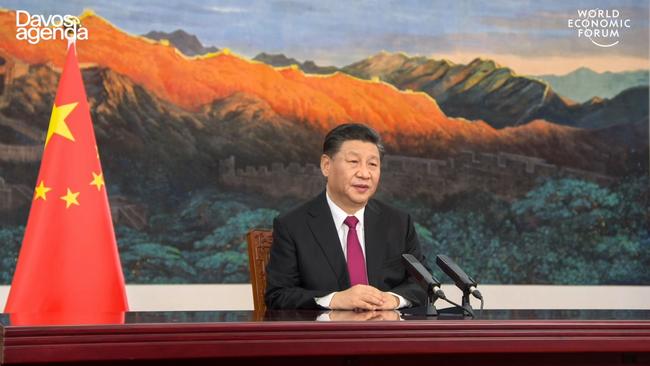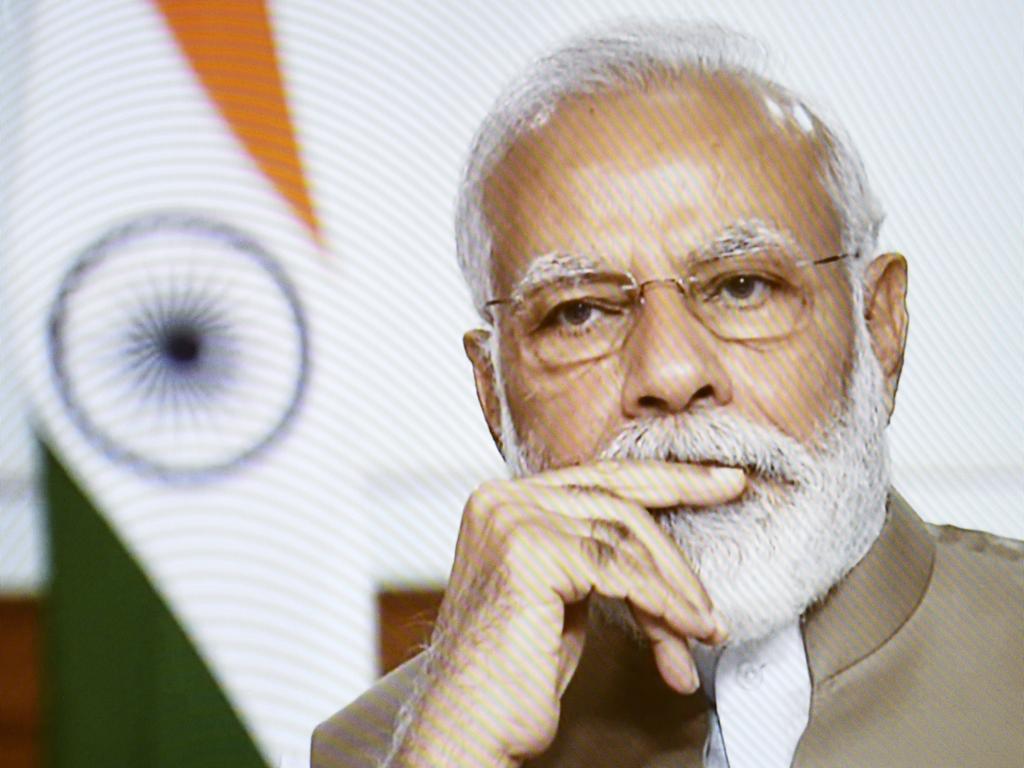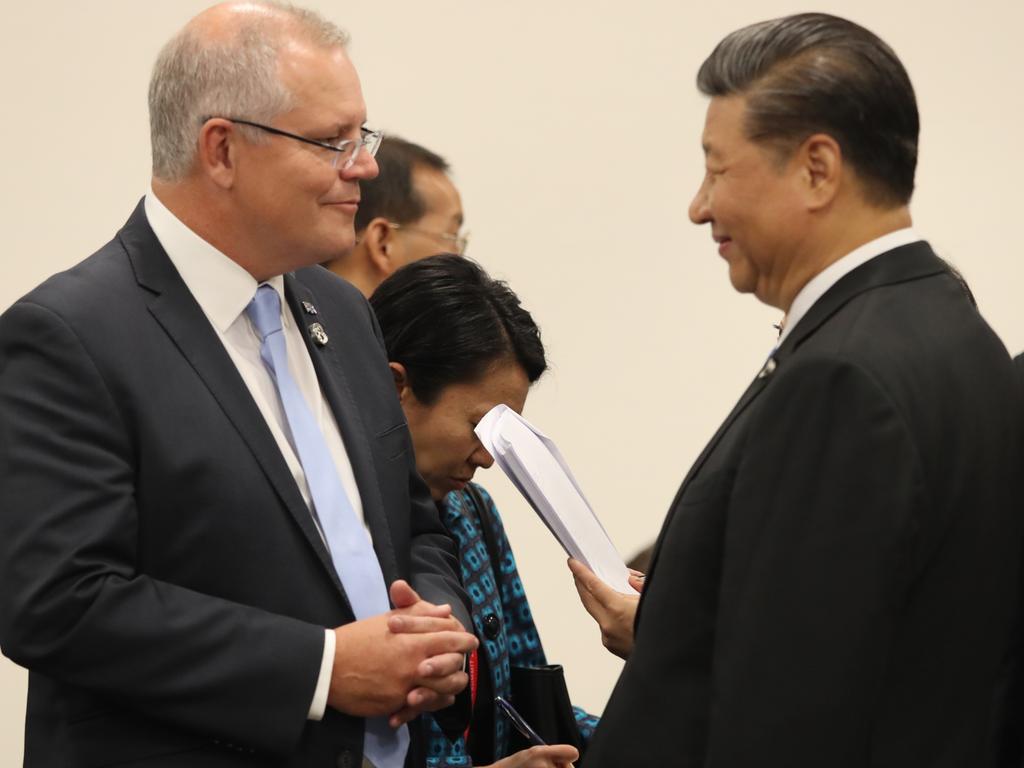
China is “working hard to bridge differences through dialogue and resolve differences through negotiation and to pursue friendly and co-operative relations with other countries,” he assured the Davos cognoscenti gathered around their laptops.
The huge, painted backdrop to his presentation inadvertently indicated a different mindset: the Great Wall against the barbarians. Viewers could imagine wolf warriors lying in wait.
Xi, who now rivals Mao Zedong as the most effective leader in the Chinese Communist Party’s 100-year history, uses such set pieces to deliver messages designed to be heard differently by different audiences.
The most obvious target is the global corporate chiefs who back the Swiss-based World Economic Forum. China has locked in their support, including by hosting since 2007 the “summer Davos”, always addressed by Chinese premiers.
They would be guaranteed to applaud Xi committing China to “keep the global industrial and supply chains smooth and stable”. But this came with a warning to those increasingly concerned, especially since COVID, about over-dependence on Chinese-dominated supply chains, against “using the pandemic as an excuse to reverse globalisation and go for seclusion and decoupling”. You’ll buy Made in China if you know what’s good for you.
Tech advances “should benefit all humanity rather than be used to curb and contain other countries’ development,” said Xi. Let Huawei run your 5G platforms.
He uses a pet phrase, “a shared future for mankind”, that Chinese diplomats continually seek to insert into documents at the UN, where four of its 15 core agencies now have Chinese leaders — and where it is used as an alternative to universal human rights, which some leaders find inconveniently intrusive. As does Xi himself: “Avoid meddling in other countries’ internal affairs,” he stresses. Don’t even talk about Xinjiang, Hong Kong or Taiwan.
Xi warns that those who would “build small circles or start a new Cold War” will be confronted. The “small circles” comprise democratic countries now aligning more closely as China advances, including the Quad that includes Australia.
In his first speech since Joe Biden’s inauguration, he is striking at Biden’s core foreign policy shift — towards reviving America’s alliances. China only has one, with North Korea.
Xi spoke first at Davos on the eve of Donald Trump’s inauguration, becoming the globalising anti-Trump. Since then, though, we have seen China continue to prioritise bilateral diplomacy through weaponising its economic heft, which has also delivered supportive votes in UN bodies — while being “resolute in championing the international rule of law” only as it suits.
Xi venerates Mao, whose Three Worlds concept has come into its own with China’s rising wealth and power: the US and Soviet Union first, the rest of the developed world next, and then the emerging nations. Economically ravaged Russia is already in semi-tribute-state mode, and the Belt and Road vision — infrastructure for influence — has delivered much of Eurasia, Africa and Latin America. The EU’s new investment treaty with China, signed despite misgivings from Biden’s team, underlines Beijing’s success there, while Washington is derided in Xi’s code as “waving a big fist”.
Australians are likely to feel that Xi’s speech reveals unwittingly some core truths — including that while Beijing advises others to separate economic globalisation from politics and to oppose “zero-sum game”, its reaction to Canberra’s request for a clear accounting of the origins of the pandemic, and its “14 demands”, underline that it has no intention to do so.
Xi has underlined that he is determinedly pushing ahead towards global leadership. But unease about China, especially in Asia, is growing. “Let all join hands …” he concludes. In this COVID era, not everyone is so eager to do so.
Rowan Callick, an industry fellow at Griffith University’s Asia Institute, was twice China correspondent for The Australian.








Australians smarting from Beijing’s relentless pounding over the last couple of years will be wondering whether they’ve heard Xi Jinping right.